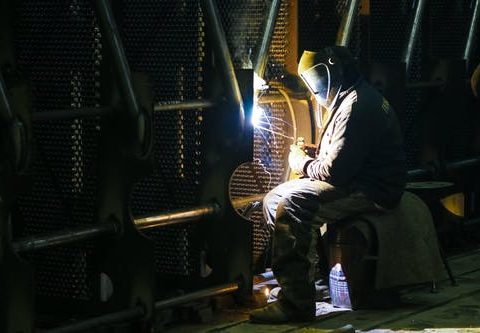Your loved pet is a family member in more ways than one. They are a part of the family. If your dog needs surgery due to an injury or illness, it is essential to have anesthesia to ensure they are comfortable and safe.
Are You Worried About Your Pet’s Upcoming Surgery?
Anesthesia refers to the brief loss of consciousness and sensation caused by using drugs under anesthesia. This allows veterinary surgeons to perform the surgery without causing any discomfort to your dog. Anesthesia is a way to ensure that they are comfortable throughout the treatment, reducing tension and anxiety afterward and resulting in a shorter healing process.
Learn everything you need about canine anesthesia and surgery, including its various forms, dangers associated with its use, and post-operative care. If your dog requires surgery soon, you can be sure you know the facts before undergoing it. Continue reading to find out about canine surgery and anesthesia. You’ll need to make an informed decision.
Here’s all you need to be aware of:
Use of Anesthesia
Anesthesia is used during dog surgery to calm the animal and make it completely pain-free. The vet can perform necessary procedures without inflicting pain and suffering, ensuring quick healing and speedy recovery.
Anesthesia (Full or Partial)
When performing canine surgeries, two forms of anesthesia may be utilized: complete and partial. Complete anesthesia should only be used when the dog must be completely numb during its surgery; however, partial anesthesia may be used when the dog is awake, yet pain-free waking is desired during its procedure. The best type of anesthetic for the procedure and pet depends on their medical history and the nature of the required surgery. For more information, please check out websites like https://www.rock-hill.carolinavet.com/site/home or schedule a consultation with one of their experienced veterinarians at Rock Hill Vets.
Anesthesia Costs
The cost of anesthesia is based on various aspects, such as the type and duration of anesthetic utilized, the duration of surgery, the size, and your pet’s health status. Full anesthesia tends to be more expensive than partial. However, both must be considered small fees to ensure your dog’s safety during any procedure.
Anesthesia Risks
Although anesthesia is generally safe, there could be some risks that may be involved. Some dogs may react adversely to the anesthetic. Likewise, others may experience nausea, breathing difficulties, or vomiting. The risks are usually minor; in any event, their benefits far outweigh their disadvantages. To learn more about the risks associated with anesthesia or to schedule a consultation with one of our experienced veterinarians, please visit Carolina Veterinary Specialists in Rock Hill. Their team of veterinary professionals at Rock Hill Vets will happily answer any questions or concerns you may have.
After Surgery Care
After surgery, your dog is closely monitored to ensure a successful recovery from anesthesia. Most dogs experience some post-operative discomfort. You will receive all the information you need regarding how to care for your dog at home, which includes administering any prescribed drugs and observing for indications of complications. At Rock Hill Vets, we are committed to providing excellent surgical care for pets. Their team of veterinary professionals is always available to answer any questions or concerns you may have about your pet’s recovery.
Conclusion
Anesthesia is essential to dog surgery because it provides a comfortable and pain-free experience for the pet during surgery. Although the risks of anesthesia aren’t significant, the advantages surpass them. The cost is a worthwhile investment because it will ensure the safety of your dog and its comfort during the procedure. Following surgery, post-op care should be provided to ensure the quick recovery of your pup.
We hope this article has provided all the necessary information to answer your queries regarding dog surgical procedures and anesthesia. If any additional questions or issues arise, don’t hesitate to contact your veterinary doctor – he’ll be more than happy to discuss these. Remember that anesthesia is vital for successful dog surgeries; its presence ensures that your pet is relaxed during procedures without feeling pain.




